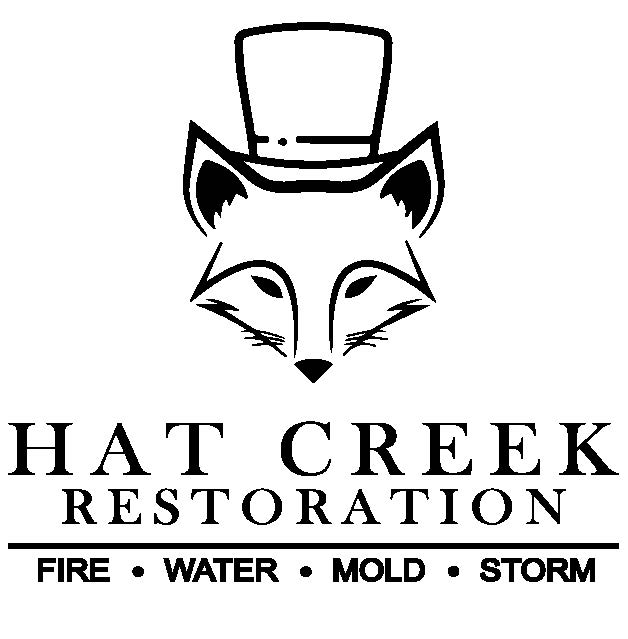Winter can be a magical season, with snow-covered landscapes and cozy fireside gatherings. However, the colder months also bring with them several challenges for homeowners, including an increased risk of water damage due to factors such as frozen and busted pipes, flooding, and even fire and smoke damage resulting from indoor heating sources. Understanding how to prevent winter-related water damage issues, as well as knowing the best practices for addressing them if they do occur, is crucial in preserving the structural integrity, comfort, and safety of your home.
In this blog post, we will explore various winter-related water damage topics, shedding light on efficient prevention, mitigation, and restoration techniques tailored to the specific challenges posed by the season.
Preventing and addressing winter-related water damage can seem daunting, but having the right knowledge and support on your side will greatly ease the process. By following the advice in this article and seeking professional assistance from the experienced team at Hat Creek Restoration, you can rest assured that your home will be well-equipped to stand strong against the elements this winter season, and any damage that may occur will be promptly addressed and resolved.
Preventing Frozen Pipes and Mitigating Resulting Damage
One of the most common winter-related water damage issues homeowners face is frozen pipes. As the temperature drops, the water inside pipes can freeze and expand, causing the pipes to burst and resulting in significant water damage. The first line of defense is prevention:
– Insulate exposed pipes, especially those in unheated spaces such as basements, crawlspaces, and garages.
– Seal openings and gaps that allow cold air to enter your home and come into contact with pipes.
– Allow a slow trickle of water to flow through faucets located on the exterior walls of your house, as this helps prevent water stagnation and freezing.
– Open cabinet doors under sinks to allow warm air to circulate around the pipes.
– Maintain a consistent indoor temperature, even when you’re not at home, to prevent temperature fluctuations that could lead to freezing.
Should a pipe freeze and burst, immediate action is necessary:
– Shut off the main water supply to prevent further damage.
– Remove standing water using a wet vacuum or towels.
– Open windows and doors to provide ventilation and use fans to circulate air.
– Contact a professional, like Hat Creek Restoration, to ensure proper assessment and repair of damages.
Safeguarding Your Property from Flooding During Heavy Snow Melts
As the winter season progresses, accumulated snow can pose potential flooding threats as it begins to melt. To minimize the risk of water damage due to snowmelt, implement the following proactive measures:
– Regularly clear snow from roofs and gutters, using roof rakes or hiring a professional snow removal service.
– Clear snow and ice from storm drains and catch basins to facilitate proper water flow.
– Build barriers, such as sandbags or temporary walls, to redirect melting snow away from your foundation.
– Ensure your sump pump is functioning correctly and equipped with a battery backup system to handle potential power outages.
In the event of flooding from heavy snowmelt, it’s critical to act quickly:
– Turn off power and gas lines to affected areas.
– Remove standing water, using wet vacuums or pumps, and begin drying the affected areas.
– Assess and document any damages for insurance purposes and contact a professional restoration company, like Hat Creek Restoration, for comprehensive cleanup and restoration services.
Addressing the Risks of Fire and Smoke Damage Associated with Indoor Heaters
Wintertime can increase the likelihood of fire and smoke damage due to the use of indoor heaters. To prevent heater-related fires and associated smoke and water damage, follow these precautions:
– Keep all flammable material at least three feet away from space heaters and other heat sources.
– Never use ovens or stovetops to heat your home, as they pose significant fire risks.
– Schedule regular maintenance and inspections for your furnace and heating system.
– Install and maintain functioning smoke detectors on every level of your home and in all sleeping areas.
– Create and practice an emergency fire escape plan with your family.
Should a fire occur, focus on ensuring the safety of your family first before addressing restoration efforts:
– Contact your insurance company to report the incident and begin the claim process.
– Once it’s safe to enter your home, document any damages and remove salvageable items.
– Seek assistance from a professional restoration company, like Hat Creek Restoration, for thorough cleanup, deodorization, and restoration efforts.
Key Steps to Take Immediately after Discovering Winter-Related Water Damage
Prompt action is essential to minimize damage if winter-related water issues occur. Here are the key steps to take in the immediate aftermath:
– Shut off the main water supply if necessary to prevent further damage.
– Turn off electrical power and gas lines to affected areas.
– Document any damage using photos and videos for insurance purposes.
– Begin the process of addressing standing water, ventilation, and drying the affected areas.
– Contact a professional restoration company, like Hat Creek Restoration, to provide the necessary expertise and resources for a successful restoration.
Conclusion: Winter Preparedness and Support from Hat Creek Restoration
Winter-related water damage can be a daunting challenge for homeowners, but taking proactive measures to prevent potential issues and trusting the skilled professionals at Hat Creek Restoration can significantly reduce the associated risks. By following the outlined strategies and enlisting the expert assistance of Hat Creek Restoration, you can confidently enjoy the winter season knowing your home is well protected and that any unexpected issues will be promptly and effectively addressed.
Don’t let winter-related water damage leave you out in the cold. Contact Hat Creek Restoration today to ensure your home is prepared and protected this winter season.
